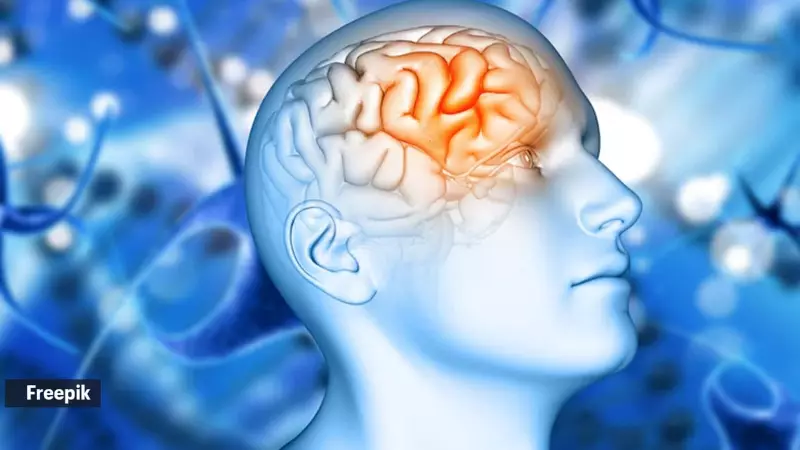
In a significant breakthrough for neurological research, scientists have discovered that problems with the brain's internal waste clearance mechanism may play a crucial role in the development of dementia. This revelation opens new avenues for understanding and potentially treating various forms of cognitive decline.
The Brain's Self-Cleaning System
The human brain possesses a sophisticated waste management network known as the glymphatic system. This complex biological machinery works tirelessly to flush out toxic proteins and metabolic byproducts that accumulate during normal brain activity. Think of it as the brain's very own sanitation department, working overnight to keep your cognitive functions sharp.
What the Research Reveals
The recent study demonstrates that when this clearance system becomes compromised or inefficient, harmful substances like amyloid-beta and tau proteins begin to accumulate. These protein buildups are strongly associated with neurodegenerative conditions, particularly Alzheimer's disease and other forms of dementia.
Implications for Future Treatment
This discovery represents more than just academic interest—it could revolutionize how we approach dementia prevention and treatment. Researchers are now exploring ways to enhance the brain's natural cleaning processes, potentially developing interventions that could slow or even prevent the onset of dementia symptoms.
Key Findings Include:
- Impaired waste clearance precedes noticeable dementia symptoms
- The glymphatic system becomes less efficient with age
- Sleep quality directly impacts the brain's cleaning efficiency
- Lifestyle factors may influence the system's performance
As the global population ages and dementia cases continue to rise, this research offers hope for millions potentially affected by cognitive decline. The findings underscore the importance of maintaining brain health through quality sleep, regular exercise, and managing cardiovascular risk factors—all of which support the brain's natural maintenance systems.






